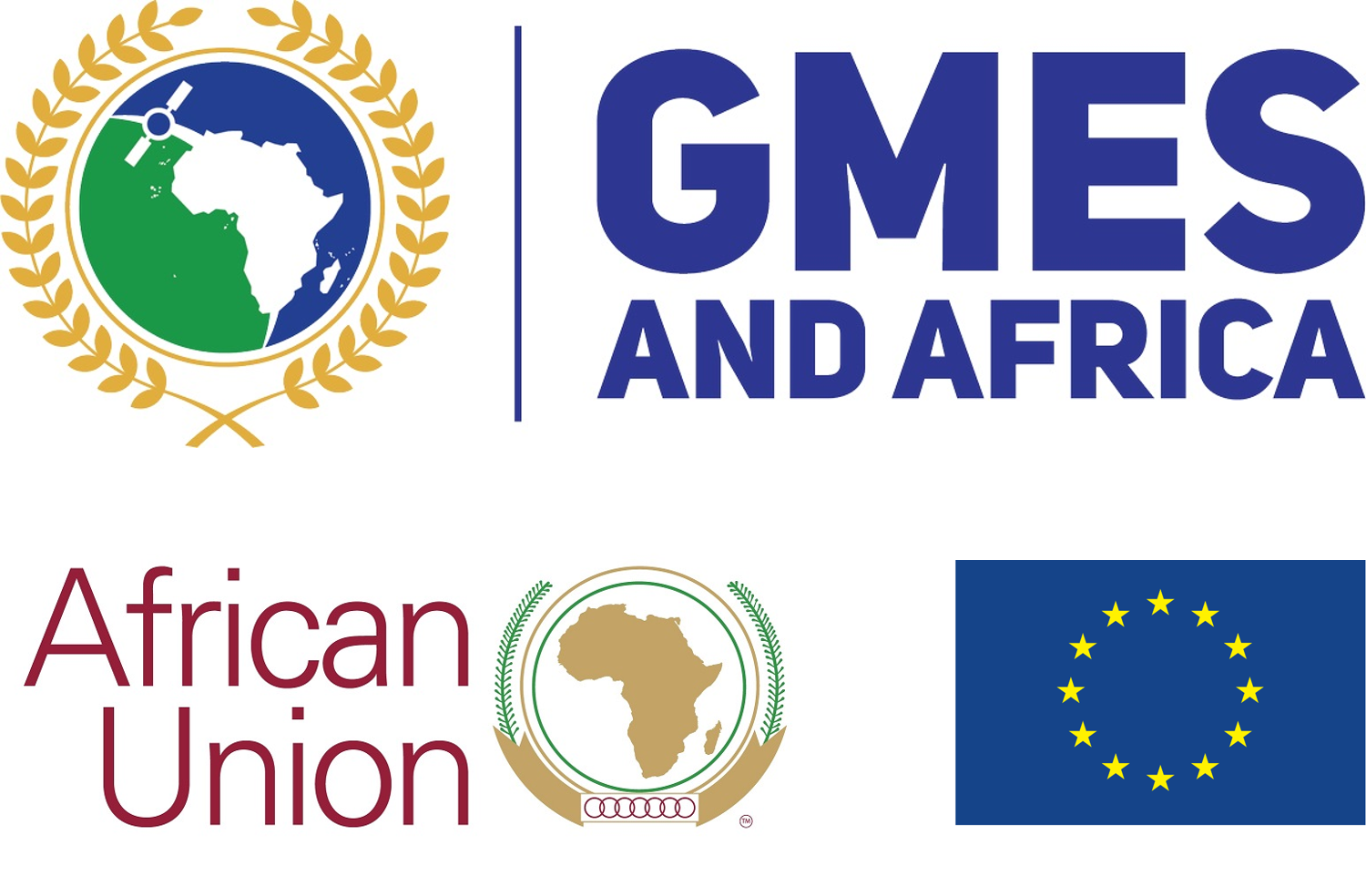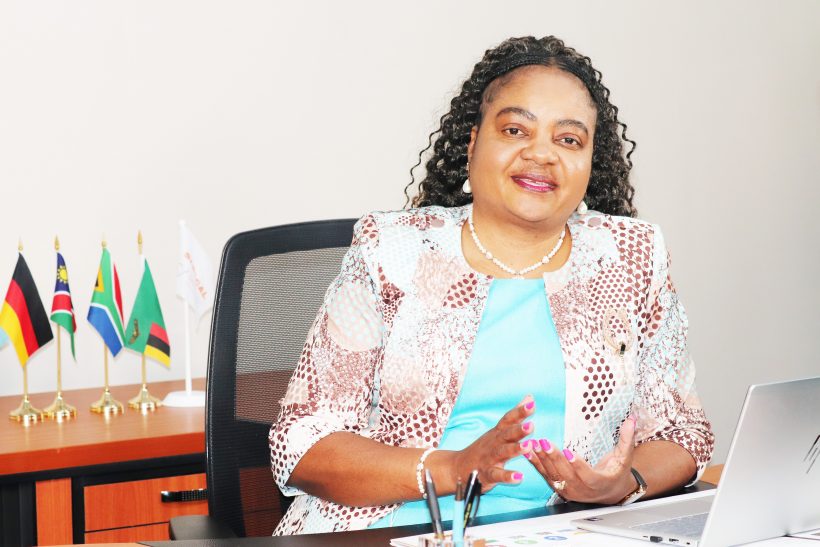The Southern African Science Service Centre for Climate Change and Adaptive Land Management (SASSCAL) is set to host its WeMAST Phase II Stakeholders Training Workshop scheduled from the 15th to the 17th of September, 2025 in Gaborone, Botswana.
This significant regional event is part of the Wetland Monitoring and Assessment Service for Transboundary Basins in Southern Africa (WeMAST) project, a flagship initiative under the GMES & Africa Programme under the African Space Agency (AfSA). It seeks to build local and regional capacity in using Earth Observation (EO) tools to assess and manage the region’s critically important wetland ecosystems.
“The WeMAST Phase II workshop represents a crucial step in empowering stakeholders across Southern Africa with practical tools and knowledge for sustainable wetland management,” said SASSCAL Executive Director Prof Nelago Indongo in a press statement. “By enhancing technical capacity, we are directly contributing to improved decision-making and policy formulation that supports climate resilience and biodiversity protection.”
Geoportal at the Centre
At the heart of the training is the WeMAST 2.0 Geoportal, an advanced online platform designed to monitor wetlands in major transboundary river basins, including the Okavango, Cuvelai, Limpopo, and Zambezi. The upgraded portal integrates satellite imagery, real-time data, and interactive mapping tools, enabling users to assess changes in wetland ecosystems more efficiently.
Participants will also be trained on complementary tools including a QGIS plugin and a mobile application, expanding access to EO technology from the desktop to the field.
Hands-on, Inclusive Learning
The three-day training will combine theoretical sessions with hands-on activities, culminating in a field visit to Bokaa Dam in Bokaa Village. This practical session will include a ground-truthing exercise, where participants apply their new skills in real-world data collection and validation.
SASSCAL emphasized the workshop’s inclusive approach, noting that it “adopts a gender-sensitive and youth-inclusive framework,” drawing 25–30 participants from across the SADC region. Attendees include policy makers, river basin managers, researchers, and community representatives.
Each participant will receive a training kit, access to resources on the GMES & Africa e-learning platform, and a Certificate of Participation.
Toward a Community of Practice
One of the key outcomes of the training is the establishment of a Community of Practice (CoP) dedicated to wetland monitoring. This network is intended to foster collaboration, share best practices, and ensure continued application of EO tools in managing shared water resources.
“Wetlands are vital ecosystems under increasing threat from climate change and human activity,” SASSCAL stated. “Through WeMAST, we aim to equip stakeholders not only with the technology but also with the partnerships necessary for lasting impact.”
Looking Ahead
As climate pressures intensify and data-driven policy becomes more essential, initiatives like WeMAST are paving the way for evidence-based governance across the region. SASSCAL’s leadership in this space underscores its ongoing commitment to science-based solutions for sustainable development in Southern Africa.




Leave a Reply